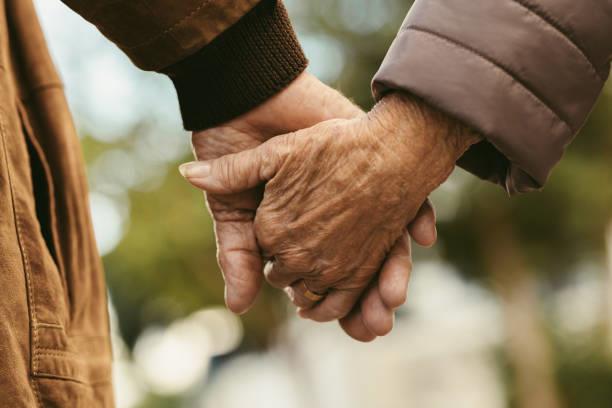The additional cost of living mechanism, introduced at the end of 2022, will continue next year, Minister Caruana said. Since its introduction, an average of 85,000 families and single persons has received more than €100 million through this payment.
Around 12,000 families will again receive the additional €500 allowance per child in post-secondary education. This benefit is paid on top of the student stipend.
In addition to previously announced increases, pensioners born before 1962 will benefit from further adjustments to reduce discrepancies caused by the 2006 pension reform. Those whose 2026 notional salary would exceed the revised maximum pensionable income of €25,000 will qualify for this adjustment. Around 20,000 pensioners, including widows, will benefit.
Tax Exemption for Pensioners
Pensioners will remain exempt from tax on income equivalent to the maximum pension, including bonuses. From next year, double that amount will be tax-exempt for pensioners with higher incomes, including those still employed. This measure, introduced gradually since 2022, will now be fully implemented. Widows also remain exempt from income tax.
Repayment of missing social security contributions
Employees and self-employed persons may repay up to five years of missing social security contributions to qualify for or improve their contributory pension. The current rule requiring the person to be employed will be waived only for those who need to reach the minimum 10 years of contributions to qualify for a pension.
From next year, the 10-year minimum will apply to everyone, regardless of birth year, and contributions made before age 18 may count toward this total.
Elderly couples in care homes
Elderly residents in care homes currently pay 60-80% of their pension and 60% of other income, depending on the level of care. When both partners are in residential care, deductions are based on their combined income. From next year, these deductions will be reduced to 50% instead of 60%, and 70% instead of 80%, leaving more disposable income for personal needs. The current €2,500 tax deduction for payments to elderly or disability care homes and respite centres will rise to €4,500.
Disability and invalidity pensions
From 2026, persons on the invalidity benefit who are unable to work due to severe illness will receive the two-thirds pension equivalent, instead of the current minimum wage rate.
A new partial invalidity pension will also be introduced next year for individuals certified by government psychiatrists as suffering from bipolar disorder or severe depression. It will allow them to work part-time while receiving a pension.
Addressing Past Injustices
Payments will continue next year for groups affected by past injustices, including:
• Former Telemalta employees engaged between January 1978 and January 1979;
• Former workers of Malta Drydock, Malta Shipbuilding, and Gas board transferred under disadvantageous conditions;
• Former Rediffusion employees absorbed into Telemalta in 1975.
Parental Contribution Credits
Parents who stop working to raise children receive social security contribution credits until the child turns six, or ten in the case of disability or rare disease. From next year, eligibility will extend to 10 years for the first three children, and for each additional child, the eligible age period will increase by one year. Families with at least one child with a disability or rare condition will have no age limit for credits.
Inclusion, Community, and Care Initiatives
Voluntary organisations working in disability or animal welfare will receive a discounted electricity and water rate, replacing current non-residential rates.
The Active Aging and Community Care agency will continue modernising services. From January 2026, the Home Helper of Your Choice subsidy will rise from €9 to €10 per hour. The Carer at Home grant will increase by €500 to €9,000 per year.
Work-Life Balance Reforms
Discussions will begin with social partners to improve maternity, paternity, and parental leave.
Currently, employees are entitled to eight weeks of paid parental leave until the child is eight. From next year, the same rights will apply to self-employed parents, who will also gain entitlement to bereavement and miscarriage leave.
Leave donation scheme
The existing public service leave donation fund, where government employees donate leave to colleagues facing hardship, will expand to include new parents, enabling them to spend more time with their babies on paid leave. The government encourages the private sector to adopt similar schemes.
Social and affordable housing
The Nikru biex nassistu scheme will continue, housing around 1,300 families in private properties leased for social accommodation, with spending exceeding €12.6 million last year.
The First-Time Buyers scheme will continue, providing €1,000 yearly for 10 years, benefiting over 7,000 people.
The Causa Mortis property transfer relief will also expand – the reduced 3.5% rate will now apply to the first €400,000 (up from €200,000) for inherited homes used as a primary residence.

